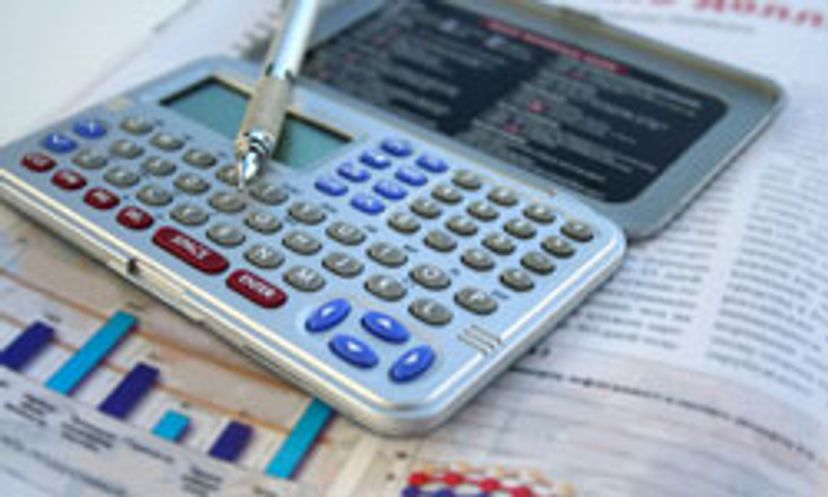
About This Quiz
Whether you have money flowing out of your pockets or you're barely scraping by each month, it's essential that you have a personal budget. Take the time and energy to devise and revise a monthly budget plan to help with your spending and increase your savings. Take this quiz and learn more about how you can become money savvy.A effective personal budget requires you to make an honest financial assessment. This will help you determine how much you earn and how much you spend.
If you can save only $20 a month, that's fine and a good start. As you earn more and learn how to trim back expenses, you will be able to save more.
According to a 2008 survey, most Americans first think about saving for retirement a little late in the game, at age 40.
Advertisement
On average, working Americans predict they will retire at age 64. This age is older than in previous generations.
Most people find personal finance software, such as Quicken and Microsoft Money, helpful because it makes it easier to track your monthly spending.
Specific categories -- such as rent, groceries, credit card payment, coffee habit, etc. -- should all be put into the two broad categories of fixed expenses and discretionary spending.
Advertisement
Make yourself the goal of attempting to save 10 percent of your earnings each month. This means that your spending must be lower than your earning.
Personal finance software can actually do an analysis on your spending habits by comparing your monthly spending to others within the same demographic. The software will inform you if you're spending more in certain categories than what would be expected for your demographic characteristics.
Cash culprits are things that typically cost a lot of money over the month and are easy to cut back on, such as: coffee, tobacco, alcohol, eating out, taxi fares and gasoline. Make coffee at home rather than buying a latte every morning, quit smoking, cut back on alcohol and eating out and take public transportation more often.
Advertisement
If you are self-employed, see if you can increase your itemized deductions. If you own a home and your mortgage rates have dropped more than two percent in your neighborhood, see if it's worthwhile to refinance your home.
Probably the hardest part about maintaining a new budget is keeping a good record of all your spending. Keep track of your daily spending by holding onto all receipts and writing down all expenses in a handy pocket notebook.
Finance experts recommend reviewing your budget goals every few months. As you get older, your spending habits and earnings change, and an updated budget should always reflect these changes.
Advertisement
Most experts recommend paying off high interest credit card debt before you begin saving in a low interest savings account.
Your income should increase at a faster rate than inflation. Generally, if you're income grows by two percent per year, you're keeping up with inflation rates.
It's important to remember that your budget plan is flexible, as you likely have overlooked some expenses. Typical expenses that people forget to factor into a budget plan include: seasonal expenses, property tax, car registration and car maintenance.
Advertisement